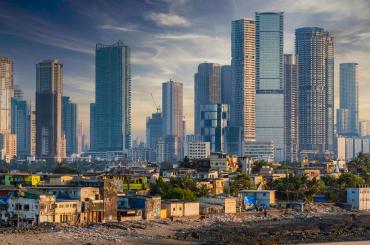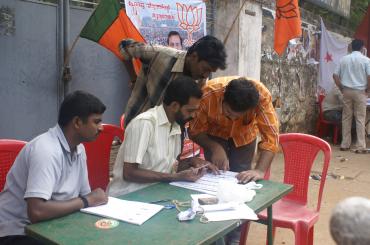
Corruption
-

Digital reforms at Colombian ports: A win-win for growth and tax revenues
Computerising customs at Colombia’s major ports boosted trade, reduced corruption, improved firm performance, and increased tax collections.
-

Why Pakistan is locked into overpriced and environmentally damaging power sector contracts
Annual capacity payments to private power producers are six times higher than Pakistan’s annual healthcare budget, yet nearly half of the power capacity remains unused. What explains this phenomenon?
-

Power, politics, and welfare: The cost of corruption in Indian electricity
Political manipulation in India's electricity sector, involving illicit subsidies to constituents of the ruling party, results in staggering efficiency losses.
-

Real estate for rulings in Pakistan
Government real estate allocations to judges tilt the scales of justice in Pakistan's courtrooms
-

Constructing influence: Political turnover reveals quid pro quo arrangements in Mumbai’s real estate
Political party turnover in a local election increased completion times of real estate projects in Mumbai
-

Persuading voters in India to punish vote-buying candidates
A radio campaign highlighting the costs of vote buying drew close to 3 million votes away from vote-buying parties
-

Foreign corruption regulation helps African communities capture resource extraction benefits
Anti-corruption regulation against multinational corporations in developed countries can increase the local economic benefits of natural resource extraction for African communities
-

Bureaucratic nepotism: Evidence from Colombia
Family ties to non-elected bureaucrats distort public employment outcomes, and standard anti-nepotism policies are ineffective at preventing their negative influence
-

Corruption in Customs: Evidence from Madagascar
The nonrandom assignment of import declarations to inspectors is associated with corruption and lost tax revenues, but interventions to combat this must be carefully monitored